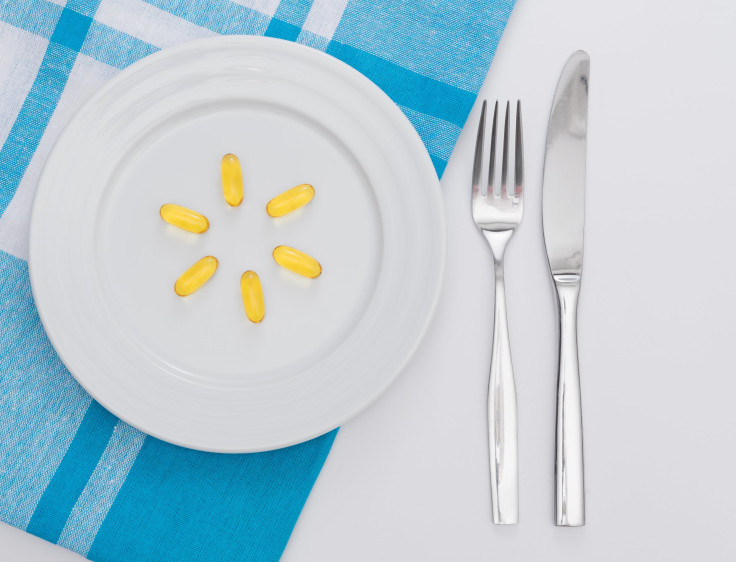Vitamin B Cuts Skin Cancer Risk; Supplement Regimen To Be Used Alongside Sunscreen

Summertime is almost upon us, and with it brings the sun’s strong rays to lift our spirits and cause some potential damage to our fragile skin. Australian researchers from the University of Sydney recently discovered nicotinamide, a form of vitamin B powerful enough to reduce the recurrence of common skin cancers by 23 percent. The findings are scheduled to be presented at the annual meeting of the Oncology Society, beginning May 29 in Chicago, where more than 5,000 studies and results will be discussed.
"This is the first clear evidence that we can reduce skin cancers using a simple vitamin, together with sensible sun protection," the study’s lead author Dr. Diona Damian, a professor of dermatology at the University of Sydney, said in a statement. "We hope that these findings can be immediately translated into clinical practice. However, people at high risk of skin cancer will still need regular check-ups with their doctor."
Damian and her research team assigned 386 patients who had at least two common skin cancers twice in the last five years to take either nicotinamide or a placebo pill twice a day. They found it was able to reduce their risk of developing a non-melanoma cancer again. More good news, she says, nicotinamide is “almost obscenely inexpensive.”
The two most common types of skin cancer are basal cell carcinoma and squamous cell carcinoma. Between 40 to 50 percent of Americans who live to be 65 years old will develop one of the two types at least once, according to the Skin Cancer Foundation. With the incidence of squamous cell carcinoma rising up to 200 percent in the last 30 years, the threat continues to climb for sun worshippers. At some point in their life, one out of every five Americans will develop a type of skin cancer.
The sun produces ultraviolet (UV) rays that are strong enough to penetrate the skin and damage the DNA in skin cells, ultimately increasing the risk of skin cancer. While squamous and basal cell carcinoma are the most common, melanoma is the deadliest form, taking another person’s life every 57 minutes. But the main cause of non-melanoma skin cancers is straight exposure to the sun’s UV rays, which not only cause cellular damage but also suppress the skin’s immune system from eradicating abnormal cells.
"We were looking to counter both pathways," Damian said. And when they did so successfully, they emphasized the inexpensive extra protection nicotinamide could provide, but also that those who are at high risk for skin cancer should avoid it. It should also not be confused with niacin, another B vitamin, which comes with side effects like headaches and low blood pressure. "This is not something we would recommend for the general population," she said.
The vitamin can be used as an additional boost for skin protection and should not replace sunscreen. Don’t forget to apply water-resistant broad-spectrum protection sunscreen SPF 30 or greater, recommends the American Academy of Dermatology. Spread it evenly on skin not covered by clothing in generous amounts between 10:00 a.m. and 2:00 p.m., when the sun’s rays are strongest.
Source: Damian D. American Society of Clinical Oncology. 2015.
Published by Medicaldaily.com



























